[Joint CQSE & NCTS Seminar] Demystify Problem-Dependent Power of Quantum Neural Networks on Multi-Class Classification
Title: [Joint CQSE & NCTS Seminar] Application of Quantum Computing in Chemical Industry
Speaker: Dr. Min-Hsiu Hsieh (Hon Hai Research Institute)
Time: Oct. 20, 2023, 14:30-15:30
Place: Rm. 104, Chin-Pao Yang Lecture Hall, CCMS & New Physics Building, NTU
Online: https://nationaltaiwanuniversity-zbh.my.webex.com/nationaltaiwanuniversity-zbh.my/j.php?MTID=mf0a1b4255e96edb93e638803cf473f14
Abstract
Quantum neural networks (QNNs) have become an important tool for understanding the physical world, but their advantages and limitations are not fully understood. Some QNNs with specific encoding methods can be efficiently simulated by classical surrogates, while others with quantum memory may perform better than classical classifiers. Here we systematically investigate the problem-dependent power of quantum neural classifiers (QCs) on multi-class classification tasks. Through the analysis of expected risk, a measure that weighs the training loss and the generalization error of a classifier jointly, we identify two key findings: first, the training loss dominates the power rather than the generalization ability; second, QCs undergo a U-shaped risk curve, in contrast to the double-descent risk curve of deep neural classifiers. We also reveal the intrinsic connection between optimal QCs and the Helstrom bound and the equiangular tight frame. Using these findings, we propose a method that uses loss dynamics to probe whether a QC may be more effective than a classical classifier on a particular learning task. Numerical results demonstrate the effectiveness of our approach to explain the superiority of QCs over multilayer Perceptron on parity datasets and their limitations over convolutional neural networks on image datasets. Our work sheds light on the problem-dependent power of QNNs and offers a practical tool for evaluating their potential merit.Biography
I have been the director of the Hon Hai Quantum Computing Research Center in Taiwan since January 2021. Prior to this role, I was an Associate Professor at the University of Technology Sydney in Australia and a member of the UTS Centre for Quantum Software and Information from 2014 to 2020. From 2010 to 2012, I was a postdoctoral research fellow at the University of Cambridge in the UK, where I was affiliated with the Centre for Quantum Information and Foundations. Before that, I worked as a research scientist with the ERATO-SORST Quantum Computation and Information Project in Japan, which was funded by the Japan Science and Technology Agency. During this time, I was also affiliated with the Department of Computer Science at the University of Tokyo. From 2014 to 2018, I held an Australian Research Council Future Fellowship.I serve on the steering committee of
· Conference on the Theory of Quantum Computation, Communication and Cryptography (TQC), 2021-2024;
· Conference series on Quantum Information Processing (QIP), 2021-2024;
· Beyond IID in Information Theory (BIID), 2020 - 2022.
I was the program chair of the TQC 2021 and BIID 2021.
My research interests include general topics in quantum information and computation.


